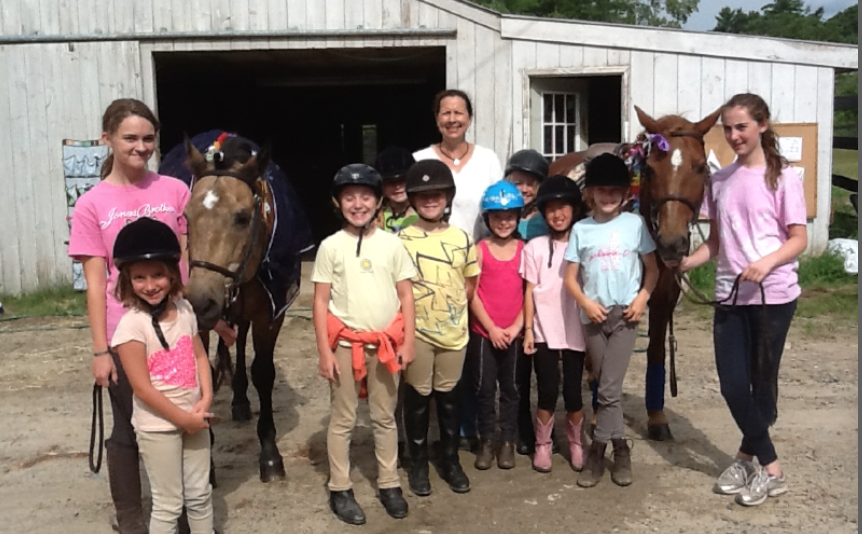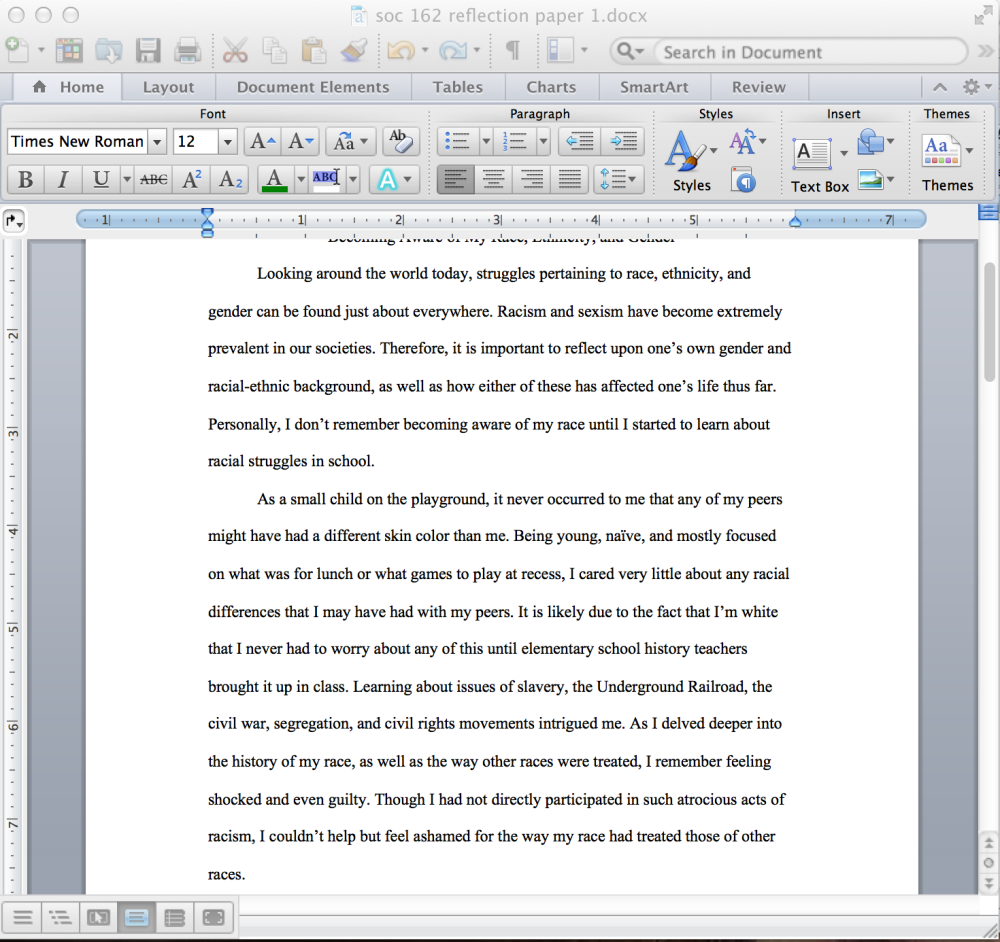Cesar A. Batalla School
As a part of the service-learning aspect of our course, I have decided to spend the next three weeks tutoring sixth and seventh graders at Bridgeport’s Cesar A. Batalla School.
As an aspiring elementary school teacher, I was excited about this opportunity and had all sorts of expectations going into it. Since I only recently declared my education minor here at Fairfield, this is the first time I’ve been able to participate in hands-on learning with children. My experience certainly exceeded my expectations.
From the moment I sat down with my first three tutees at 9:00 am this morning, I knew I had made a correct decision in declaring my education minor. I helped one seventh-grade girl, Angeleena, with her English homework. We worked together to fix mistakes she’d made in her paper and found ways to make her sentences more clear. Seeing her gain a sense of pride in her work was immensely gratifying for me.
At 9:50 I was directed to a sixth grade classroom. It was here that I met Ericka, Sherlyn, and Lord-Kynth. Their teacher instructed me to help them go over some homework problems she’d assigned, so we immediately began with the division of fractions. Immediately I was brought back to memories of my elementary school days. I reminded them to use the method of multiplying fractions by the reciprocal of the other fraction in order to divide them. I taught them how to reduce their fractions by using the greatest common factor.
The children and I had fun dividing fractions for 35 minutes, which is not something I ever thought I would say. We found ways to make it exciting, and I challenged them with numbers I thought might be a little confusing. Turns out, Lord-Kynth is a self-proclaimed “division master,” which the girls couldn’t stop laughing about.
Working these struggling students, even for only one day so far, has already proved to be rewarding. I acted as a literacy sponsor in assisting them with their homework and even teaching them new concepts. Not only was I teaching these students today, but they were also teaching me the importance of fostering the education of our country’s youth. This visit only reinvigorated my passion for teaching children, and I cannot help but look forward to my next tutoring session with them.





